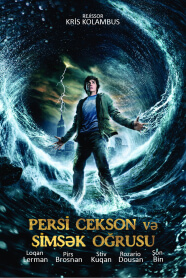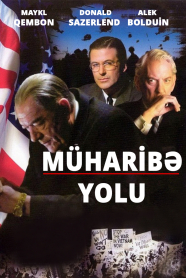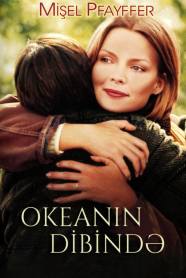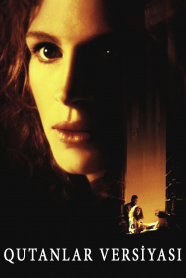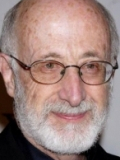
Steven Goldblatt
Steven Goldblatt
Cinematographer
Stephen Goldblatt was born on April 29, 1945 in Johannesburg, South Africa. When he was seven years old, he and his family moved to London, where at the age of 18 he started working as a photojournalist for the London Sunday Times. Goldblatt attended Guildford School of Art for photography, but later discovered his interest in film while working on a special assignment for Lions Films at Shepperton Studios. It was this interest that motivated him to attend London's Royal College of Art Film School. Upon graduation, he went to work shooting documentaries and animation, much of it in 16mm. Among his assignments were two "Disappearing World" episodes for Granada TV. Goldblatt began his career as a cameraman for documentaries and commercials. From 1972-75, he worked shooting TV commercials for directors such as Hugh Hudson, Alan Parker, Ridley Scott, and Brian Gibson. Goldblatt made the transition to feature films in the mid-1980s, quickly acquiring work with directors Tony Scott on The Hunger(1983), Francis Coppola on The Cotton Club (1984), and Richard Donner on Lethal Weapon (1987) and Lethal Weapon 2 (1989). Stephen Goldblatt now lives in San Miguel de Allende, Mexico and has three grown children. When he is at home, Goldblatt enjoys tending to his pond and koi fish, gardening, playing his guitar, cooking, reading everyday, and mastering the art of husbanding with his wife Deborah. One of Stephen Goldblatt's most significant photo shoots was of The Beatles in 1968, who at the time had just finished recording what came to be known as The White Album. The Beatles wanted some fresh publicity photos shot by an unknown photographer, with whom they planned to travel all over London to take random photos. One of Goldblatt's shots became a two-page spread in Life magazine, and a few others were used as album art on Beatles compilations.
For more information press link below:
https://en.wikipedia.org/wiki/Stephen_Goldblatt
